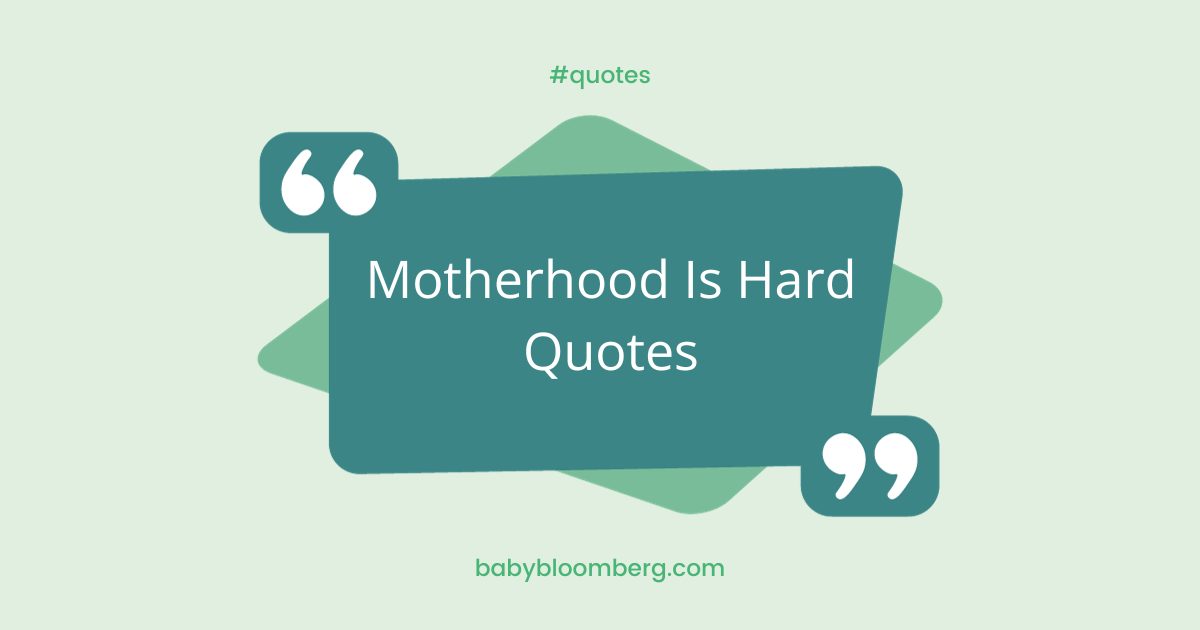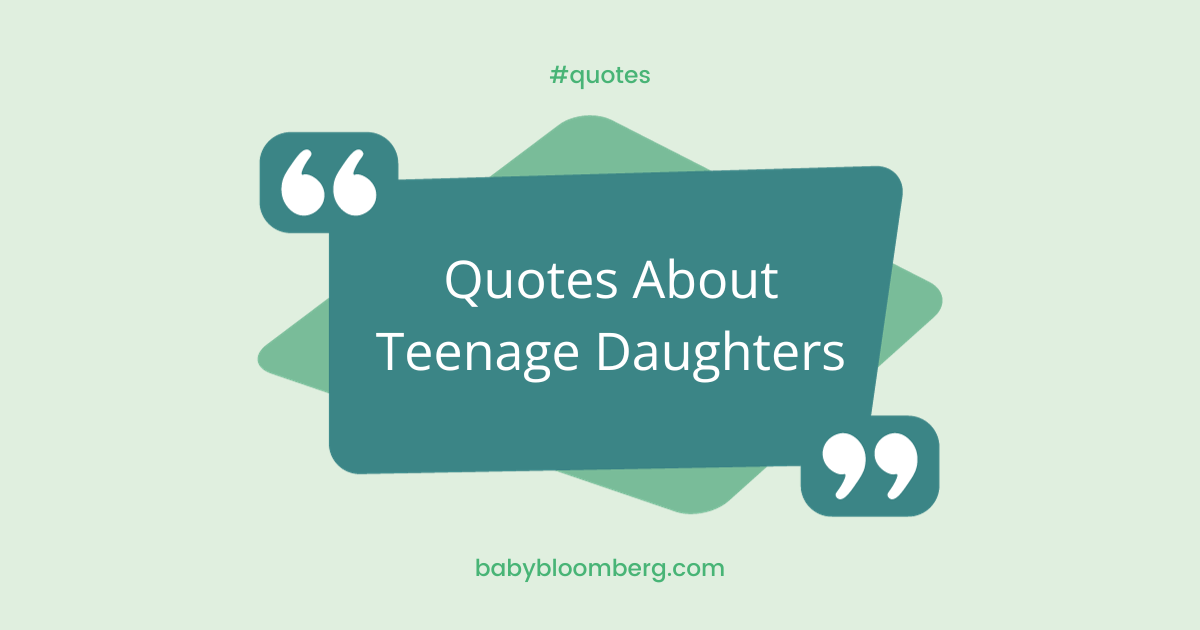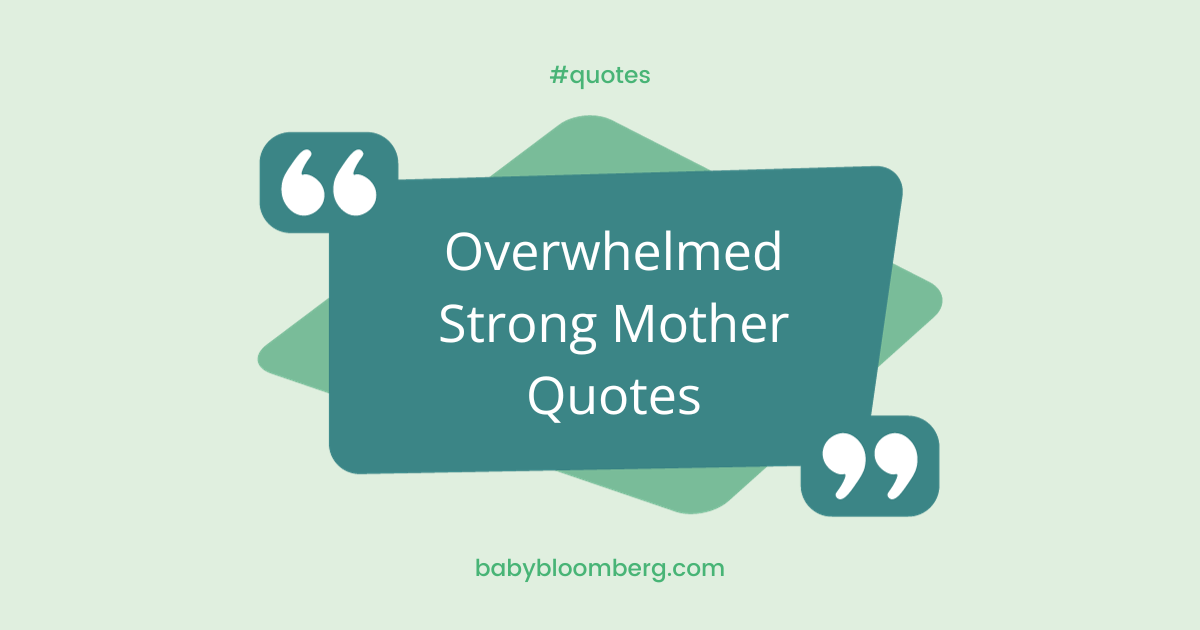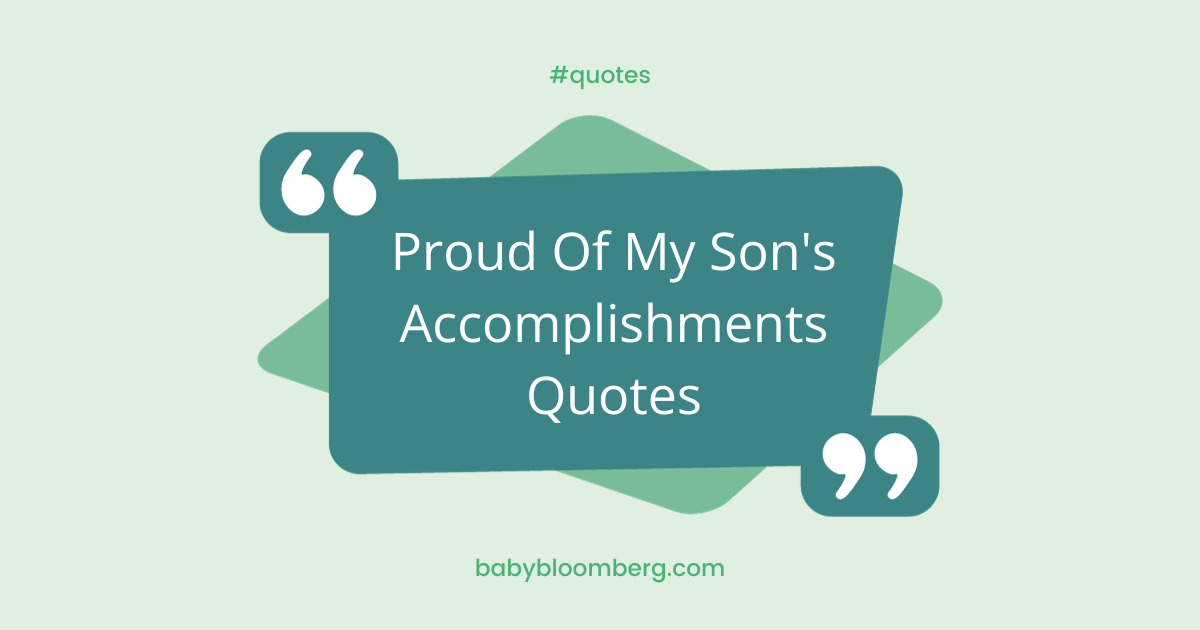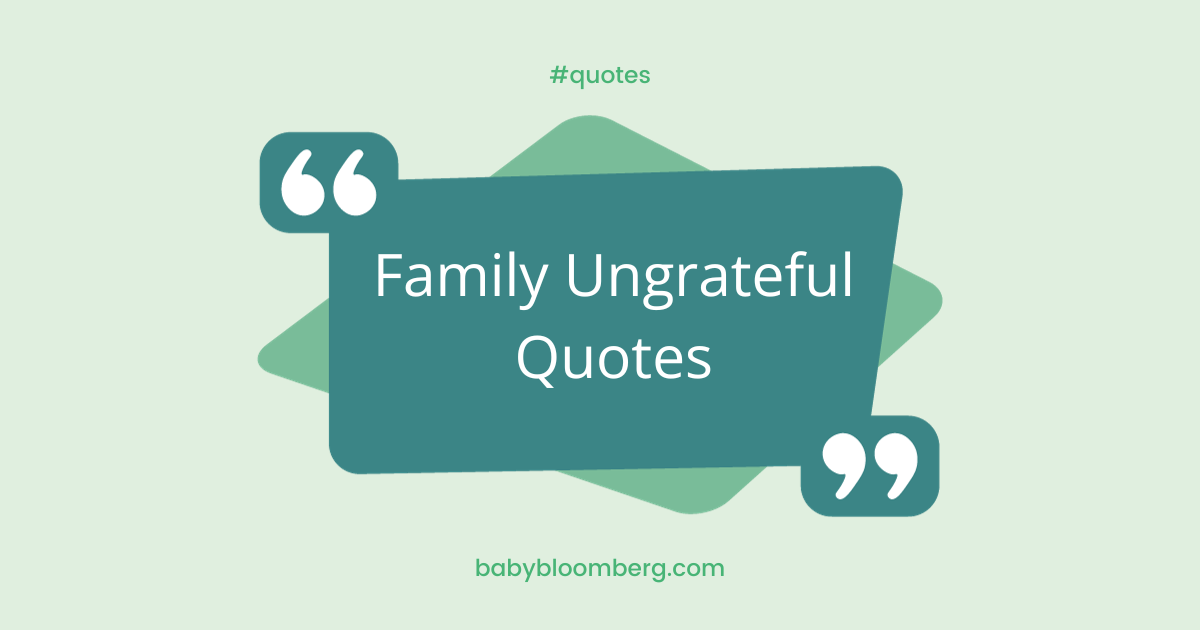When your daughter is hurting, it’s like a piece of your own heart is breaking. The pain and suffering she experiences can leave you feeling helpless and devastated. But remember, you are her mother, and your love and support are more important than ever. Here are some quotes that capture the heart-wrenching emotions of a mother witnessing her daughter’s pain.”
The Deep Emotional Impact
Devastation and Heartache:
- “Watching my daughter suffer is like watching a part of myself suffer. The pain is overwhelming, and I feel helpless to stop it.”
- “The tears she sheds are like daggers piercing my own heart. I would do anything to take away her pain, but I can’t.”
- “The sadness in her eyes cuts me deeper than any physical wound. I long to hold her and comfort her, but sometimes words are not enough.”
Questioning Self-Worth:
- “As a mother, I feel like I’ve failed. I couldn’t protect my daughter from pain, and now I’m left questioning my worth.”
- “I wonder if I did enough, if I could have prevented her pain. The guilt and self-doubt are consuming.”
- “I know that I’m not responsible for her pain, but it’s hard to shake the feeling that I should have done more.”
Struggling to Find Strength:
- “It’s a constant battle to find the strength to support my daughter when I’m hurting too. I want to be there for her, but sometimes it feels like my own strength is failing.”
- “I try to stay positive and hopeful for her, but it’s hard when I’m struggling with my own emotions.”
- “There are days when I feel like I’m drowning in despair, but I have to keep fighting for my daughter. She needs me.”
Providing Love and Support
Creating a Safe Space:
- “As a mother, my primary role is to provide love, support, and understanding to my daughter when she’s hurting.”
- “I create a safe and open space for her to express her emotions without judgment or criticism.”
- “I listen actively to her, validate her feelings, and offer words of comfort and reassurance.”
Being a Source of Comfort:
- “I hold her close, let her cry on my shoulder, and offer physical affection to show her that she’s not alone.”
- “I remind her of her strength and resilience, and I encourage her to seek professional help if necessary.”
- “I let her know that I’m always there for her, no matter what, and that I love her unconditionally.”
Encouraging Self-Care:
- “I encourage my daughter to engage in self-care practices that promote her emotional well-being.”
- “We spend time together doing activities she enjoys, such as going for walks, reading books, or practicing mindfulness.”
- “I remind her that taking care of her mental and physical health is essential for healing.”
The Importance of Self-Care
Recognizing the Impact on Motherhood:
- “Witnessing my daughter’s pain has taken a toll on my own emotional well-being.”
- “I experience feelings of anxiety, depression, and guilt, which can affect my ability to care for myself and my other family members.”
- “It’s important for me to acknowledge the impact of my daughter’s pain on my own mental health.”
Seeking Support and Resources:
- “I reach out to friends, family, and support groups for guidance and emotional support.”
- “I consider seeking professional help from a therapist or counselor to process my own emotions and develop coping mechanisms.”
- “Online forums and resources can also provide valuable support and information for mothers in similar situations.”
Prioritizing Self-Care Activities:
- “I prioritize self-care activities that help me manage my stress and emotions.”
- “I engage in activities that bring me joy and relaxation, such as exercise, meditation, or spending time in nature.”
- “I make sure to get enough sleep, eat a balanced diet, and practice healthy habits to support my overall well-being.”
Healing and Moving Forward
The Healing Journey:
- “Healing from the pain of witnessing my daughter’s pain takes time and patience.”
- “I allow myself to grieve and process my emotions without judgment.”
- “I focus on small, achievable goals and celebrate each step forward.”
The Role of Time:
- “Time is a crucial factor in the healing process. It allows for wounds to mend and emotions to gradually subside.”
- “I trust that with time, both my daughter and I will find healing and restoration.”
- “I believe that the strength of our bond will help us overcome this challenge together.”
Seeking Professional Guidance:
- “I consider seeking professional guidance from a therapist or counselor to help me navigate the healing process.”
- “A therapist can provide tools and strategies to cope with difficult emotions and develop resilience.”
- “Professional guidance can also help me support my daughter effectively as she heals.”
The pain of witnessing your daughter’s hurt is a deeply emotional experience that can challenge a mother’s strength and resilience. But remember, your love and support are invaluable. Create a safe space for your daughter to express her emotions, be a source of comfort, and encourage self-care. Prioritize your own well-being and don’t hesitate to seek support from others. Healing takes time, but with patience and determination, you and your daughter can move forward together.
Key Takeaways:
- A mother’s pain is immense when witnessing her daughter’s suffering.
- Providing love, support, and a safe space for expression is crucial.
- Encouraging self-care and seeking professional help can aid in healing.
- Self-care is essential for a mother’s emotional well-being.
- Time and patience are key factors in the healing process.
FAQs
- Q: How can a mother support her hurting daughter effectively? A: Create a safe space, listen actively, validate emotions, offer comfort and reassurance, encourage self-care, and consider seeking professional help.
- Q: Why is self-care important for a mother when her daughter is hurting? A: Self-care helps a mother manage her own emotions, prevent burnout, and provide ongoing support for her daughter.
- Q: How can a mother find strength and resilience in the face of her daughter’s pain? A: Seek support from friends, family, or support groups, consider professional help, engage in self-care activities, and focus on small, achievable goals.
- Q: How does time play a role in the healing process for a mother and her daughter? A: Time allows for wounds to heal, emotions to subside, and a gradual restoration of strength and resilience.
- Q: When is it appropriate to seek professional guidance for a mother witnessing her daughter’s pain? A: Consider seeking professional guidance if the mother’s emotions are overwhelming, impacting her ability to function, or if the daughter’s pain is severe or persistent.



